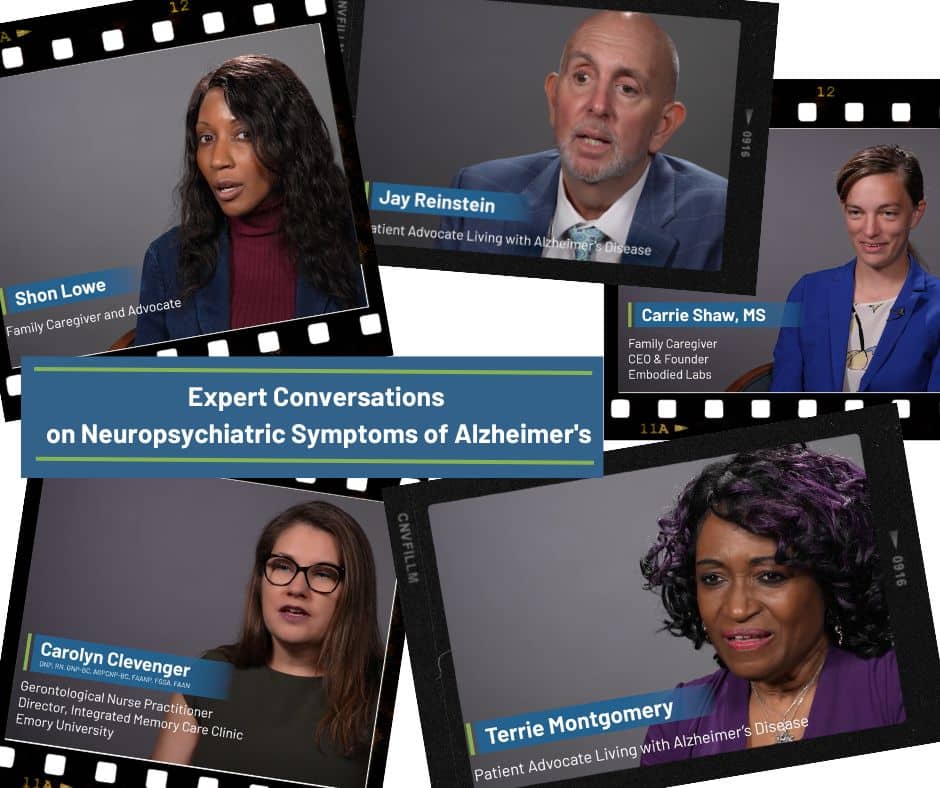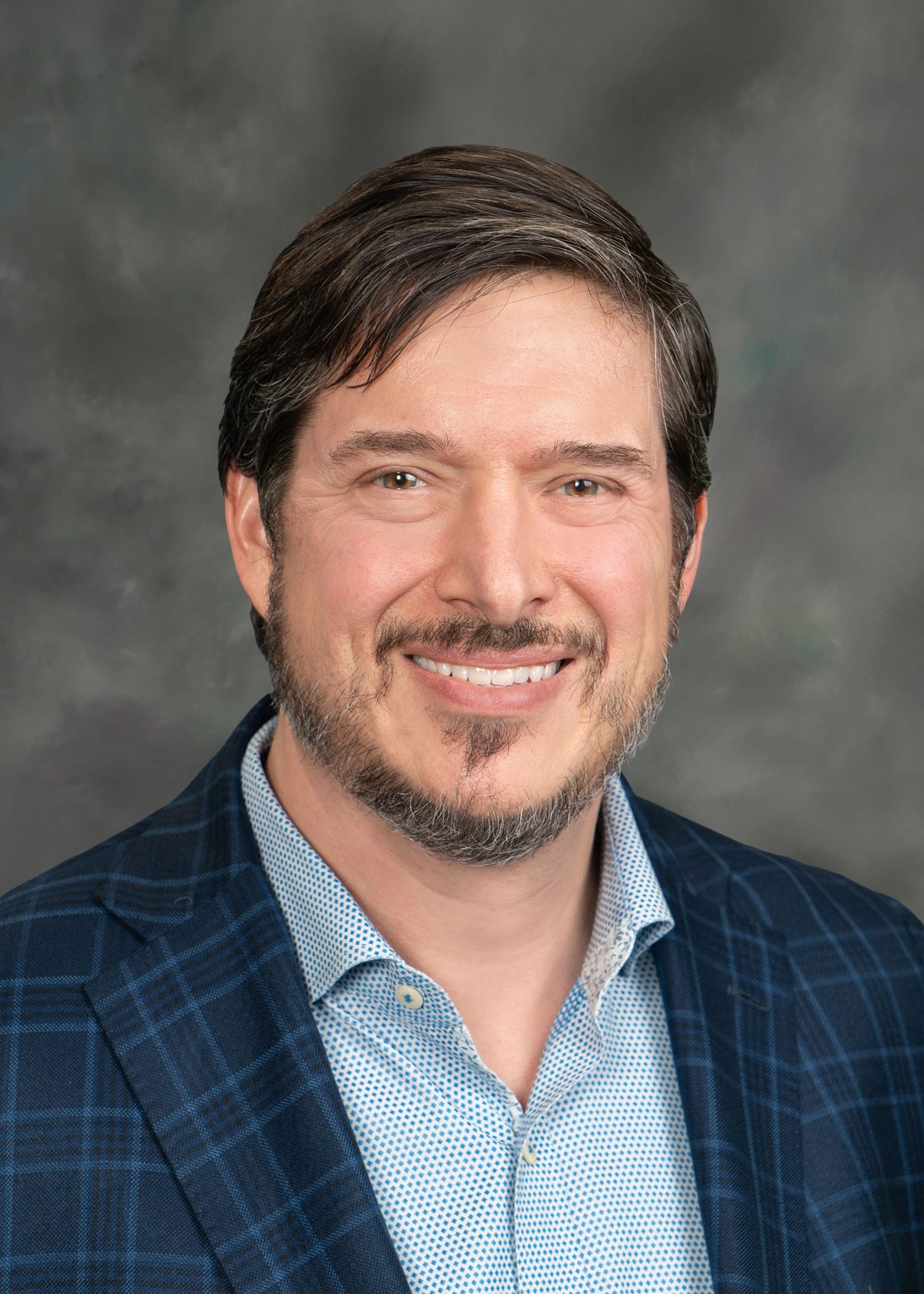
This is the first in our occasional series of stories about experts who research aging and the chronic diseases of later life. For our debut entry, we introduce you to Jason Karlawish, M.D.
Jason Karlawish, M.D., a professor of Medicine, Medical Ethics and Health Policy, and Neurology at the University of Pennsylvania Perelman School of Medicine, has always found the challenges presented by Alzheimer’s disease both invigorating and worrying.
Invigorating because his work helps change perceptions about the disease and increases engagement about its impact on society. The worrying part is just how much of an impact the disease has on society.
“My research goal is to help not just patients but society to live with a new vision of Alzheimer’s disease,” he explains. “Many more people will have it, and the simple fact is we are going to have to learn to live with Alzheimer’s. It’s going to be a part of the human condition for the foreseeable future.”
Karlawish, who is co-director of the Penn Memory Center, specializes in finding answers to the challenges presented by the intersection of clinical medicine and ethics and science. It’s what he calls bioethics, a field that studies the dilemmas that occur when the pursuit of science engages the values of patients and society. It’s a topic that especially fits when you are dealing with Alzheimer’s disease.
“I want to help society proactively deal with the dilemmas that are being created by AD,” he says. “Alzheimer’s is a disease of ethics because it is a disease about our autonomy. It takes away one of our most cherished ethics: our autonomy.”
By this, Karlawish means Alzheimer’s disease takes away the independence of the individual it affects, robbing them of their place in society. And with this comes a stigma that society may place upon them.
But what also intrigues Karlawish is the effect of Alzheimer’s on those who haven’t even been diagnosed with the condition, such as those who participate in clinical trials aimed at discovering treatments to prevent the disease.
Essentially he looks into this premise, “How should researchers conduct clinical trials designed to prevent Alzheimer’s dementia? And specifically, what should they disclose to the participants of these trials?”
To that end, Karlawish has engaged in a series of studies with two goals. The first is to ensure that through the course of a clinical trial the values of the participants are respected.
The second gets back to what he mentioned earlier: to understand how being in a prevention study affects individuals’ autonomy.
Given the importance of these clinical trials in finding treatments for Alzheimer’s, Karlawish’s studies will help experts design and conduct trials that minimize the risk to the people who participate in them and maximize the value of the research to society.
As he continues to investigate that intersection between science and society, Karlawish looks forward to seeing where his research takes him.
“We are entering a new world of cognitive treatment,” he says, “I am excited about the future of prevention but it also raises questions on how we will live in that new world. But that is what my research is all about.”
Quick Facts about Jason Karlawish, M.D.
Karlawish coined the term, “desktop medicine.” As he explains it, medical care is in the midst of transition from an old model of care, “bedside medicine,” to that of desktop medicine. With desktop medicine, Karlawish says, “We engage with patients not at the bedside of a sick person affected by pathology, but at the desktop, where we discuss the risks they face. A key technology is the computer on that desktop.” Learn more about it.
Did you know Karlawish is a published author? His wrote a novel called Open Wound: The Tragic Obsession of Dr. William Beaumont, a story based on the early 19th century American frontier about a doctor’s increasing obsession with achieving fame and fortune through the study of his patient’s unusual wound.





